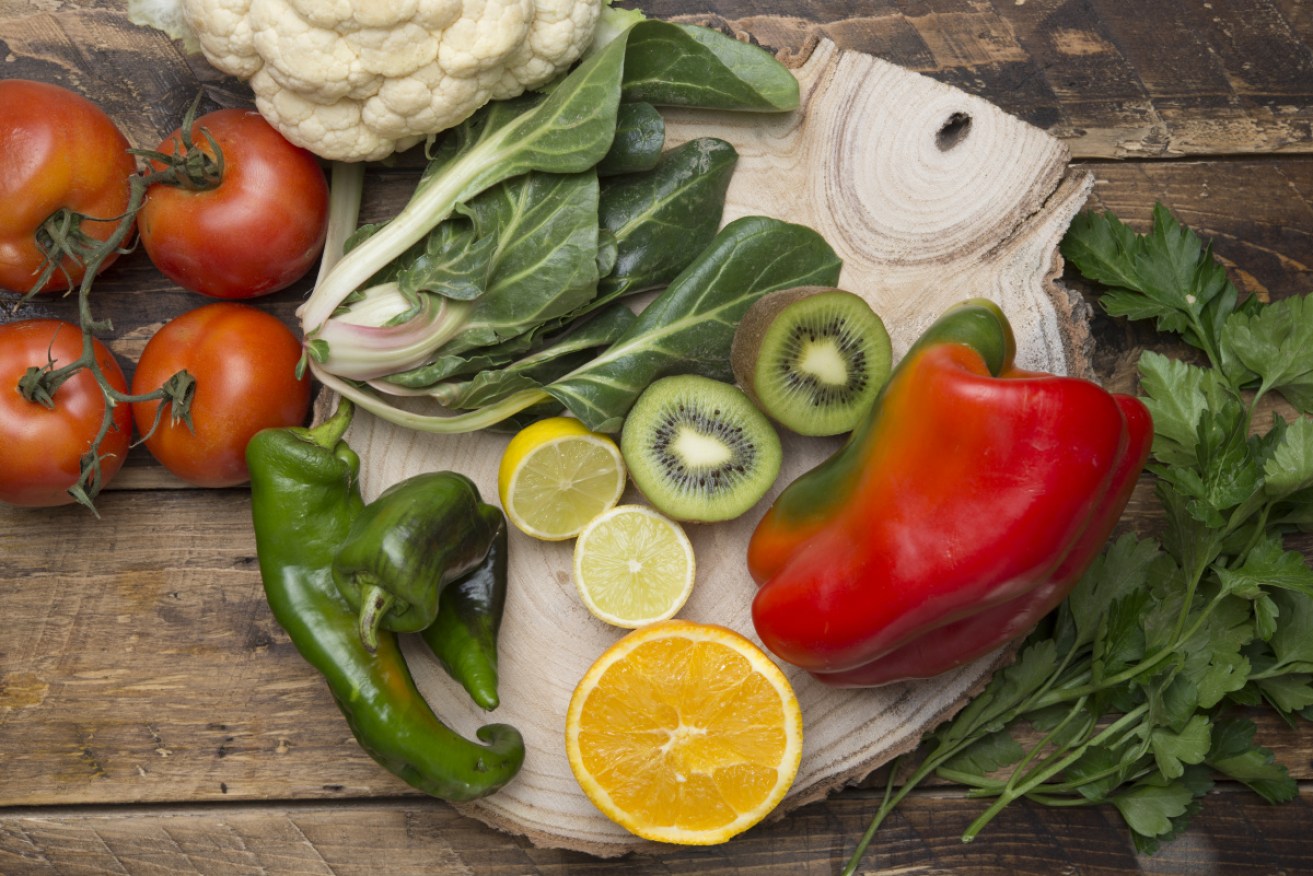Doctors fear Australians’ poor diets are reviving the curse of scurvy


Scurvy risk: Australians are missing out on vitamin C rich foods. Photo: Getty
Health experts are worried that scurvy, a dreaded 18th century disease caused by a lack of vitamin C, might not be as rare in contemporary Australia as originally thought.
Flinders University research released on Thursday confirmed an “alarming” number of vitamin C deficiencies in hospital patients, which was consistent with reports of scurvy outbreaks in the region.
Almost half of the 149 study participants – patients who were admitted to Flinders Medical Centre in 2017 – had a severe vitamin C deficiency.
More than three quarters of these patients had a mild to moderate deficiency, according to the study.
Scurvy is caused by not eating enough fruits and vegetables containing vitamin C – an essential nutrient that our body cannot produce on its own.
With as many as 93 per cent of Australian adults not eating enough vegetables every day, doctors are concerned that we could be poised for a surprise comeback of the so-called “plague of the sea”.
“We think it’s a disease of the past. But, it’s quite possible that there are more patients, and they are being missed,” Dr Yogesh Sharma from Flinders University told The New Daily.

Scurvy, a serious disease that is generally associated with 18th century sailors on long voyages, is back on our shores. Photo: Getty
Dr Sharma, who led the study, said his team’s findings were not unique to this one hospital.
In 2016, about a dozen patients at a major western Sydney hospital who were tested for severe low levels of vitamin C were later diagnosed with scurvy.
Professor Jenny Gunton from Westmead Institute for Medical Research’s Diabetes Centre suspected the scurvy diagnosis after noticing that some of her patients’ ulcers were not healing as expected.
Between December 2013 and February 2014, there were four cases of scurvy diagnosed at just one South Australian medical practice after doctors detected very low levels of vitamin C in their patients.
“Time and again we see the most extreme manifestations of scurvy, where people can present with bleeding of the gums or the skin. There can be other manifestations such as bruising easily, pain in the joints or fatigue,” Dr Sharma said.
But since these symptoms might also signal other health problems, scurvy can be difficult to detect in community settings.
Dietitian Melanie McGrice said some people were at higher risk of vitamin C deficiency than others.
Older people, particularly those who are living alone and may not have access to fresh fruit and vegetables, alcoholics and smokers may be at increased risk.
People who can’t afford fresh produce are also at risk.
“Being a clinical dietitian for almost 20 years it doesn’t surprise me. I see low intake of vitamin C quite regularly, particularly in hospitalised clients who are not feeling very well,” Ms McGrice told The New Daily.
“If you’re feeling very sick with chemotherapy or pneumonia you don’t really feel like eating a salad. In those cases, vitamin C deficiency can be missed.”
Take home message
Ms McGrice, who is also a Dietitians Association of Australia spokesperson, said people should be able to get all the vitamin C they need from a healthy diet.
“If you’re following the dietary guidelines, you’ll be meeting your vitamin C requirements quite easily. The recommendations are two serves of fruit and five serves of veggies, but meeting your vitamin C requirements is lower,” she said.
“It takes only one or two serves of fruit or vegetable, depending on the type and size, to give you the vitamin C you need. It’s really easy, and taking a supplement should be the last resort.”
You can also top up your serve with vitamin C rich drinks, such as orange or apricot juice.
Sweet potatoes, brussel sprouts, capsicum and kiwi fruit are also high in vitamin C.
Vegetables tend to lose their nutrients when boiled, so Ms McGrice recommended steaming, roasting or stir frying instead.
Women who are pregnant or breastfeeding with low vitamin C levels, or people who are not absorbing vitamin C properly (for example, following surgery) might need to take a supplement, on their doctor’s advice.








